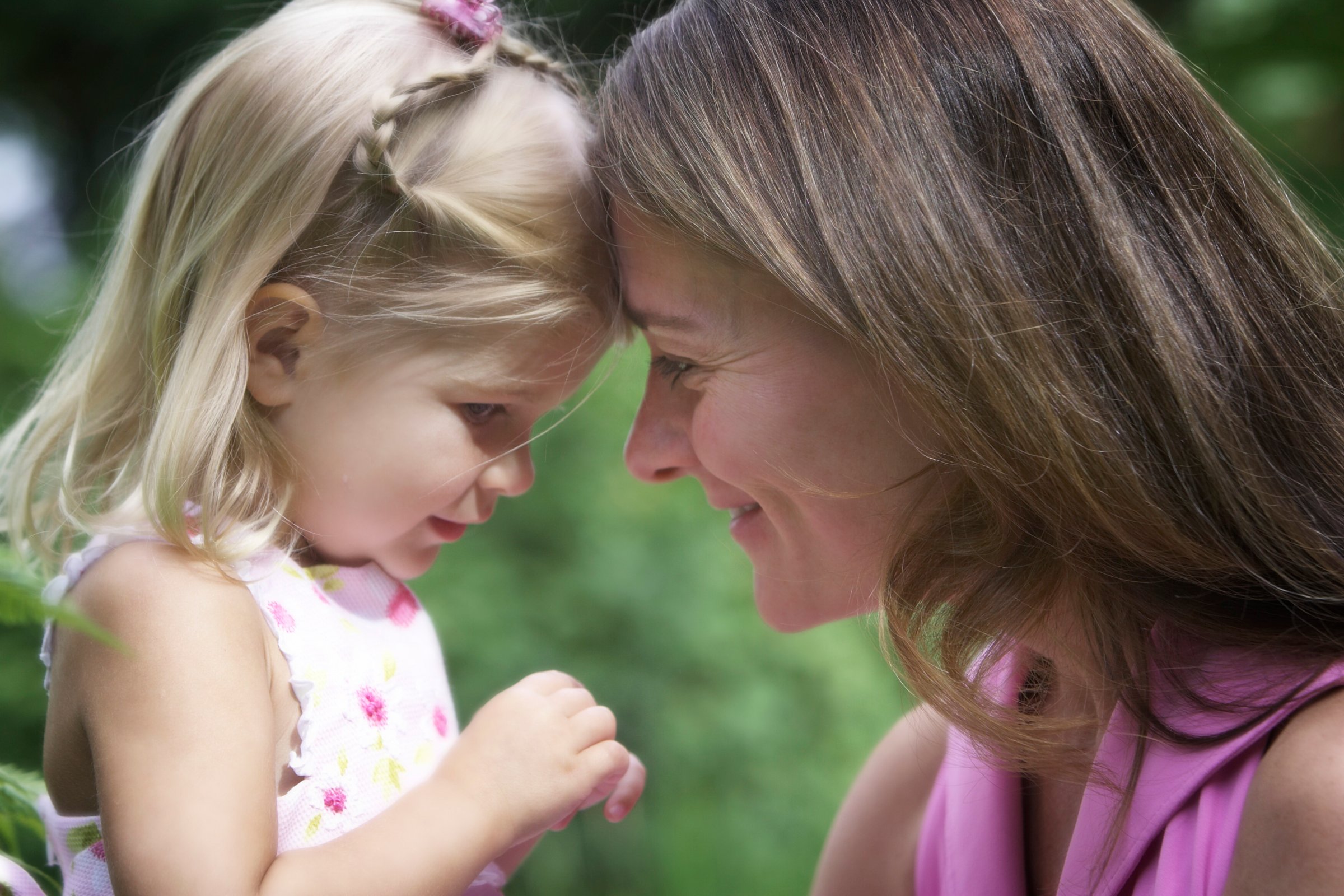
My youngest daughter Phoebe turned 13 this week.
I have two teenagers already, so I have some idea of what is in store for us in this next chapter of her life.
Like most teenagers in the U.S., Phoebe’s world will start getting bigger. She’ll be thinking about what she wants to study and what she wants to be when she grows up. She’ll get a driver’s license. She’ll learn and experience new things. Along the way, she’ll be able to make a pretty strong case for watching any PG-13 movie she wants to.
Even though we may have our share of arguments and difficult parent-teen moments over the coming years, the truth is, all of this makes me feel very grateful. Because I know that for other girls around the world, adolescence can mean something very different. Instead of being a time full of possibility, it’s a time when girls’ worlds begin to contract.
In many places around the world, women and girls still face insurmountable barriers to being able to fully participate in society or determine their own futures. And adolescence is the time when these gender inequalities begin really showing up.
These inequities take different forms in different places. For many girls I’ve met when I travel for our foundation, becoming a teenager means the end of their education. Their brothers are allowed to keep learning, but they’re kept home to help with chores. One in three girls become brides before their 18th birthday, many of them forced into marriages against their will. Tens of thousands of these young brides will begin having babies themselves before they are emotionally or physically ready.
The tragedy of all this wasted human potential was driven home for me when I spoke to teenage brides in India earlier this year. It wrenched my heart when they told me that they can’t imagine themselves breaking out of this cycle before it entraps their daughters, too.
All of these girls are as precious to someone as Phoebe is to me. We can’t accept anything less for them than we would for the women and girls in our own lives.
So as I celebrate with Phoebe, I’ll be thinking about them as well.
The good news is that there’s reason to believe that this month will start a new chapter in their lives, too. That’s because this month is also the time that representatives from all over the world will begin meeting in New York City to lay out the global goals that will shape the world’s actions and ambitions over the next 15 years.
I know it’s difficult to believe that a meeting in the halls of U.N. Headquarters can make a difference to women and girls a world away. But we know that it’s possible because it’s happened before.
Think about how the world has changed since 1990. The number of children dying before their fifth birthdays has been cut in half. Extreme poverty is down by half, too. We’ve reduced the number of women dying during pregnancy and delivery by 45%.
There are a lot of reasons for this progress, but one of the most important ones is simple: the world made progress because we decided to. In the coming weeks, we will choose progress once again—for women, for girls, for everyone.
The truth is that women and girls have an important role to play in building the future we want to see. That’s because women and girls don’t just benefit from progress: they help drive it.
The data shows that when we prioritize investments in women’s health, economic opportunity, and education, everyone benefits. It not only unlocks women and girls’ potential—it unlocks a better future for everyone. So as the world begins working toward this next round of global goals, it’s crucial that we keep women and girls in the center of the agenda.
If we do, I’m optimistic that over the next 15 years, many of the barriers that are holding women and girls back during adolescence and beyond will start to crumble—and the lives of people living in extreme poverty will improve faster than the world has ever seen.
Which brings me to my wish for Phoebe on her 13th birthday:
I hope that my smart, playful, thoughtful, compassionate daughter is able to live a full, healthy, happy life and rise as high as her talents will take her.
And, most of all, I hope that in her lifetime, she lives in a world where every child, everywhere—boy or girl—will have that same chance.
It’s aspirational, sure, but if we keep insisting that all of the world’s daughters have a place on the global agenda, it’s far from impossible.
More Must-Reads from TIME
- Donald Trump Is TIME's 2024 Person of the Year
- Why We Chose Trump as Person of the Year
- Is Intermittent Fasting Good or Bad for You?
- The 100 Must-Read Books of 2024
- The 20 Best Christmas TV Episodes
- Column: If Optimism Feels Ridiculous Now, Try Hope
- The Future of Climate Action Is Trade Policy
- Merle Bombardieri Is Helping People Make the Baby Decision
Contact us at letters@time.com